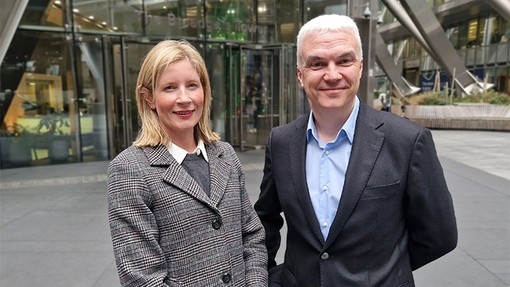A Return to the Norm: The End of Temporary Restrictions for Presenting Winding-Up Petitions

Details
The government has now announced that the remaining temporary restrictions created by the Corporate Insolvency and Governance Act 2020 are being lifted and that the insolvency regime will return to its pre-pandemic position with immediate effect from 1 April 2022. This includes removing the temporary restrictions placed on creditors when presenting winding-up petitions against debtors who are unable to pay debts they owe. This does not include collection of commercial rents as the Commercial Rent (Coronavirus) Bill, which came into force on 25 March 2022 prohibits a winding-up petition being presented against a business tenant for rent arrears where the arrears of rent accrued during a period of forced closure as a result of the pandemic.
Position until 31 March 2022
Part 2 of Schedule 10 of the Corporate Insolvency and Governance Act 2020, in response to the COVID-19 pandemic, placed temporary restrictions on creditors, from 1 March 2020, regarding the presentation of winding-up petitions and afforded protection to companies that had suffered financial difficulties arising from the pandemic.
The Corporate Insolvency and Governance Act 2020 (Coronavirus) (Amendment of Schedule 10) Regulations 2021 (SI 2021/1029) extended the ‘relevant period’ for the purpose of placing temporary restrictions on creditors presenting winding-up petitions from 1 October 2021 to 31 March 2022 and imposed a number of conditions on creditors relating to the presentation of winding-up petitions, which included a requirement to serve formal notice in a prescribed form (Section 10 Notice) seeking the company’s repayment proposals to be received within 21 days (commencing from the date of service) and that the petitioned debt had to be £10,000 or more.
Position from 1 April 2022
The removal of these temporary restrictions means a return to the pre-pandemic position and from 1 April 2022 creditors, will, as before, be able to present winding-up petitions against companies for debts of £750 or more. The removal of the temporary restrictions means there is no longer any mandatory requirement to serve the Section 10 Notice and provide a debtor company with 21 days to present a reasonable repayment proposal.
Creditors will once again be able to rely upon non-payment of a debt detailed in a statutory demand as evidence that a company cannot pay its debts as a ground for presenting a winding-up petition. In the alternative, a creditor can rely on the service of a 3-day winding-up letter on companies demanding payment in full, to which no response has been received, as a ground for the presentation of a Winding-Up Petition.
The government’s announcement will be viewed as a welcome return for many creditors seeking to pursue companies for outstanding debts of less than £10,000 and allows legal action to be commenced which may have been placed on hold for the past 24 months due to the COVID-19 pandemic. However, the immediate impact on small businesses remains to be seen with the debt threshold for a winding up petition reverting to £750. It is questionable whether the temporary restrictions should have been extended to allow smaller business more breathing space and the opportunity for the UK economy to fully recover after what has been an unprecedented difficult period of trading and it remains to be seen if the minimum level of debt required to enable a winding up petition to be presented will be increased to £5,000 being the same debt threshold required for a bankruptcy petition or even £10,000.
It is anticipated that following the government’s recent announcement there will certainly be an influx of winding-up petitions presented by creditors from 1 April 2022 and many businesses should seek immediate legal advice in such circumstances.
For further information on this topic, please contact John Quicler.





